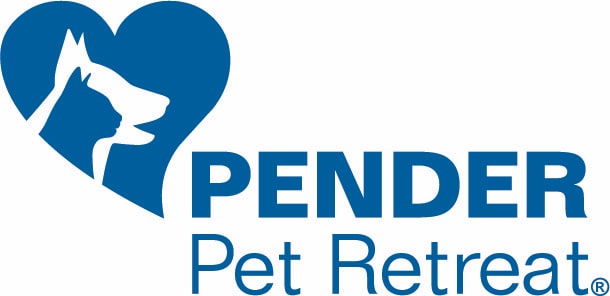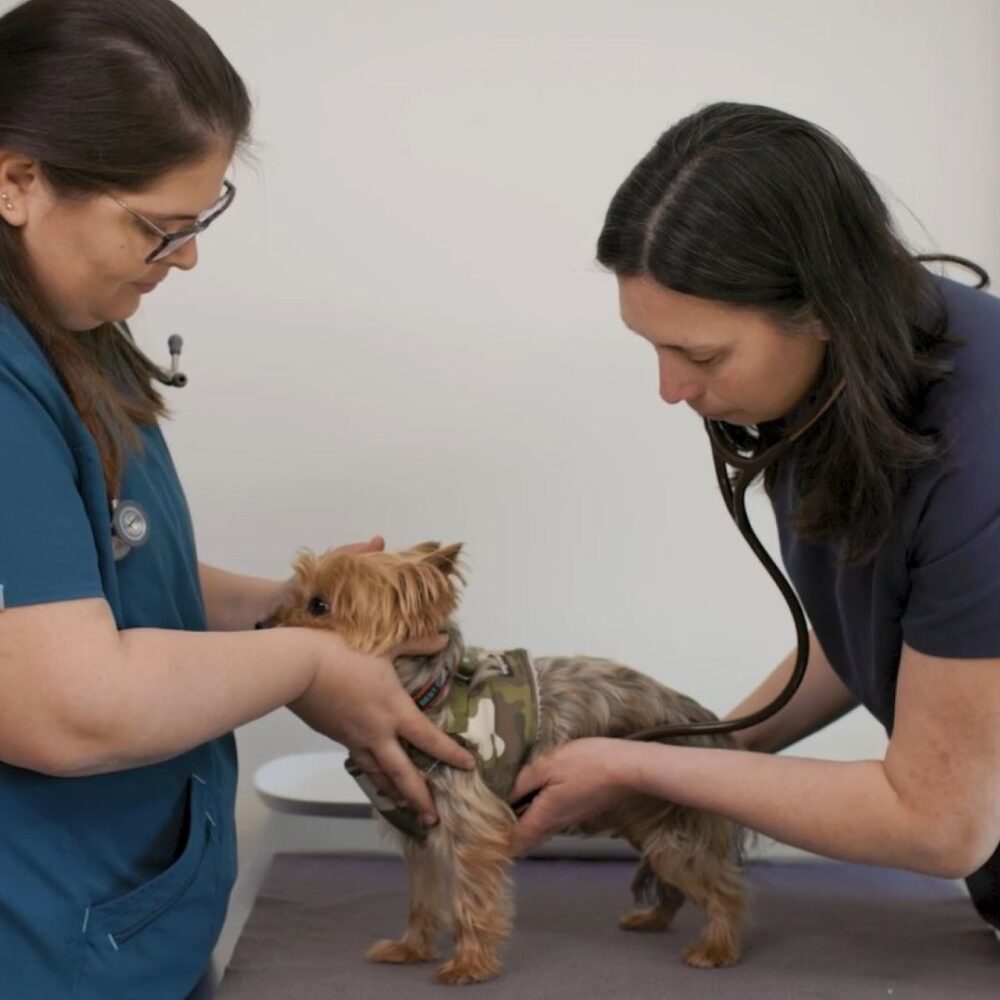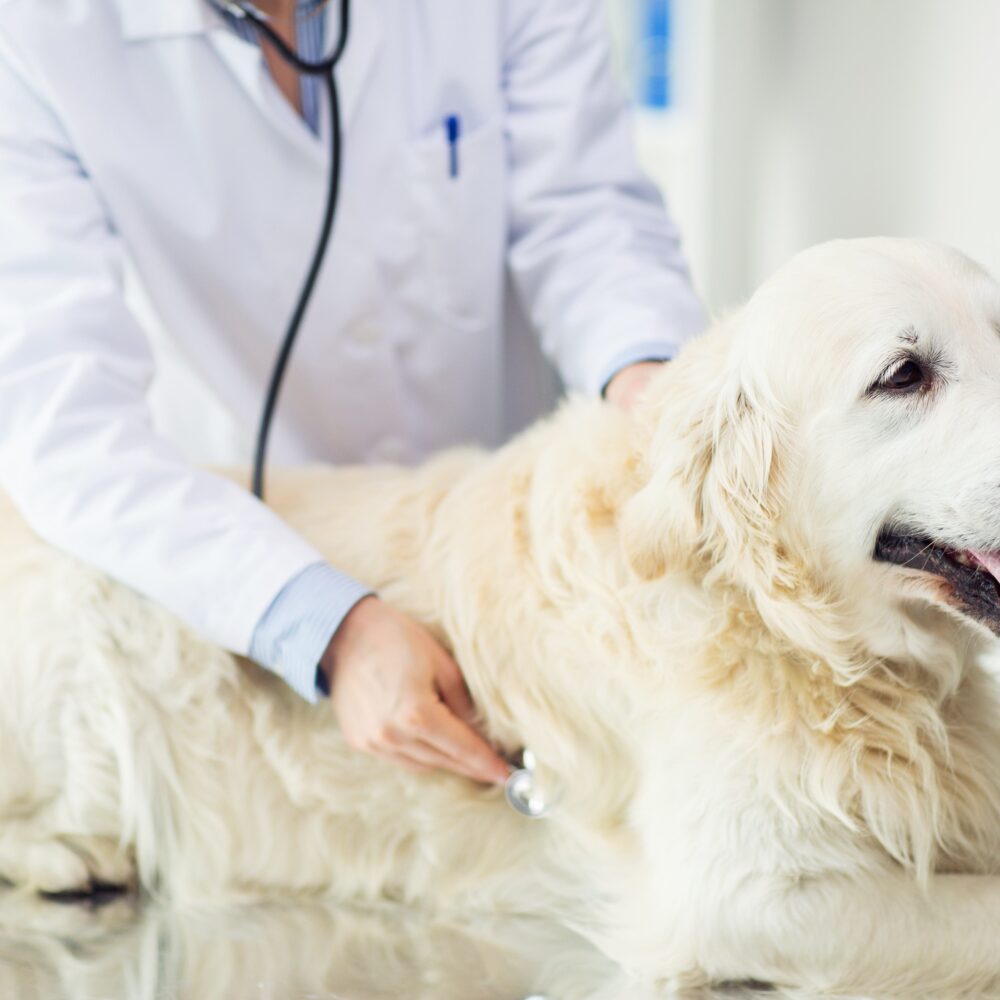

Pender Pet Retreat is the only CDC-registered Animal Care Facility (ACF) for the Washington-Dulles (IAD) Port of Entry (POE) for dogs entering the United States from high-risk Rabies countries or those who have been in any high-risk countries during the previous 6 months.
Dogs entering the US from a high-risk Rabies country who do NOT need to enter through an ACF must meet the following requirements:
ALL dogs who do NOT meet these requirements MUST enter through a CDC-approved Animal Care Facility and your reservation type will fall into one of two categories depending on your dog(s) available Rabies Titer Test status.
As pet travel and animal care experts, we make the following strong recommendations to you, the pet parent or agent:

A dog who was vaccinated outside of the U.S., but who has a valid Rabies Titer, must enter the U.S. through a port with a CDC-registered ACF and be examined by a USDA-accredited veterinarian and receive an updated Rabies vaccination, but is not necessarily required to quarantine for a full 28 days.
Requirements for a reservation for a dog who has a valid Rabies Titer:
1. Rabies Titer test results from a CDC approved lab and above minimum levels
2.Rabies Titer must have been drawn at least 30 days after initial Rabies vaccine and 28 days prior to arrival in the U.S. Titers are valid for the life of the pet as long as there is no lapse in vaccination.
3. Certification of Forgein Rabies Vaccination and Microchip form
4. CDC Dog Import Form receipt
5. Pictures of your pet's teeth and body

A dog who is arriving to the U.S. from a high-risk Rabies country that was vaccinated outside of the U.S. and who does not have a valid Rabies titer is subject to a 28-day quarantine at a CDC-approved Animal Care Facility.
Requirements for a 28-day quarantine reservation:
1. Certification of Foreign Rabies Vaccination and Microchip form
2. CDC Dog Import Form Receipt
3. Pictures of your pet's teeth and body
4. Proof of current Distemper, Bordetella, and Canine Influenza vaccination, as well as a negative fecal intestinal parasite test within 12 months (if not current, the USDA veterinarian can update these for you upon arrival at our facility, see additional services for pricing)
FOR EITHER RESERVATION TYPE, IF YOUR PET DISPLAYS SIGNS OF ILLNESS AT ANY TIME, THE CDC MAY REQUIRE ADDITIONAL TESTING, TREATMENT, AND QUARANTINE AT THE IMPORTER’S EXPENSE.
Included with a reservation for a dog who has a valid Rabies Titer:
Included with a reservation for a dog who does NOT have a valid Rabies Titer:
General Services
If your pet is not up-to-date on the following required vaccines for quarantine, ADD:
ALL dogs entering the U.S. must:
U.S.-vaccinated dogs must:
Bringing Your Foreign-vaccinated Dog into the U.S. from a Rabies-free of Low-Risk Country:
Bringing Your Foreign-vaccinated Dog into the US from a High-Risk Country:
*This is a VERY brief overview. For more information, please go to: https://www.cdc.gov/DogTravel
Microchip Requirements:
The microchip must be International Standards Organization (ISO)-compliant. The microchip must have been implanted on or before the date the current rabies vaccine was administered. Rabies vaccines received prior to the implantation of a microchip are considered invalid.
Rabies vaccination requirements:
Dogs must receive their initial rabies vaccination on or after 12 weeks (84 days) of age or in accordance with manufacturer recommendations if licensed for us in older dogs (i.e., 16 weeks of age). Vaccines administered prior to 12 weeks of age will not be accepted, regardless of manufacturer product licensing. Vaccines will be considered immediately valid for a period of 1 or 3 years depending on manufacturer guidelines. Booster vaccines are considered immediately valid in dogs over 15 months of age provided the dog has received at least 1 previous rabies vaccine administered on or after 12 weeks of age and there has been no lapse in vaccine coverage. Booster vaccines must be administered according to recognized U.S. vaccine schedules and comply with manufacturer’s instructions.
Serologic testing requirements:
Importers of foreign-vaccinated dogs from DRMVV high-risk countries must obtain serologic titer results; otherwise, the dog will be required to quarantine at a CDC-registered animal care facility (ACF) at the importer’s expense. Importers of dogs which receive USDA-licensed rabies vaccines by a U.S.-veterinarian in the U.S. and maintain a current, valid U.S. rabies vaccination status do not have to submit titer results to be eligible for importation if they travel wit ha valid Certification of U.S.-issued Rabies Vaccination form complted by their U.S.veterinarian and certified by the USDA. Any lapses in U.S.-issued vaccination coverage while abroad will require that the dog be administered a rabies vaccine overseas prior to importation and that the importer follow requirements for importing a foreign-vaccinated dogs. For example, if a dog has a 1-year U.S.-issued rabies vaccination certificate that expires on 2/1/25, a titer or quarantine will not be required if the dog receives a USDA-licensed rabies booster vaccine by a U.S.-veterinarian in the United States on or before 1/31/25.
Serologic titer testing period:
For foreign-vaccinated dogs receiving their primary (first) rabies vaccination, the titer must be drawn at least 30 days after vaccination. Drawing a titer too early will likely result in a failed test. A passing test result immediately after primary vaccination could indicate past unrecognized vaccination, past rabies exposure, or current rabies disease. For foreign-vaccinated dogs receiving a booster rabies vaccination, serum may be collected immediately following a booster vaccination for rabies antibody detection as long as no lapse in vaccine coverage has occurred. Anamnestic (memory) immune response to rabies vaccine is expected to be robust within 5 days but can be earlier. Many dogs with a past history of adequate vaccination will still have detectable rabies antibody at the time of booster. Titers must be drawn during the time in which the dog is considered up to date with their rabies vaccination. If rabies vaccination has lapsed, they will require a booster and blood sample collection for serological testing at least 30 days after revaccination.
Serologic titer result validity:
Serologic titer results remain valid for the entire life of the dog as long as the dog’s rabies vaccination coverage does not lapse. If a dog’s rabies vaccine expires before the dog is re-vaccinated, CDC will require the dog have another titer completed to be eligible for entry into the United States. CDC defines a passing or adequate antibody titer as a titer that is ≥0.5 IU/mL. Dogs that fail to achieve a rabies neutralizing antibody titer of 0.5 IU/mL must be re-vaccinated and have their titer redrawn after re-vaccination. It is recommended to wait at least 14 days between re-vaccination and titer collection.
Serologic titer waiting period:
Foreign-vaccinated dogs are eligible for importation 28 days after the date of titer collection; however, if the owner does not have the titer results upon arrival, the dog must undergo a mandatory quarantine at a ACF for 28 days at the importer’s expense, or until the importer submits sufficient proof of previous rabies vaccination through a prospective serologic monitoring (PSM) assessment conducted by a CDC-approved laboratory in the United States at the importer’s expense, whichever occurs first.
Approved serologic tests:
Approved tests are those that detect neutralizing antibodies against rabies virus using live virus in vitro, i.e., Rabies Neutralizing Antibody Titer Test (RNATT): Rapid Fluorescent Focus Inhibition Test (RFFIT) or Fluorescent Antibody Virus Neutralization (FAVN). CDC may approve additional tests in the future that use live virus. ELISA and other testing methods that use inactivated virus or individual proteins are not acceptable.
Dogs traveling as manifested cargo travel in a temperature- and pressure-controlled cargo hold underneath the plane. Pet’s flying as cargo are booked on their own ticket versus attached to a passenger’s ticket, so they can travel unaccompanied. They are checked in at the airport differently and picked up at IAD at the airlines cargo bays instead of at the airport’s main terminal. Dogs traveling as cargo will be issued an Air Waybill number (AWB #) by the airline at the time of the booking, which can be used to track your pet’s travel and for Customs clearance after landing and examination. We will need a copy of the Air Waybill prior to your dogs departure in their country of origin.
Dogs traveling as excess baggage travel in the same cargo hold as those booked as cargo, but they are booked in connection with a ticketed passenger on the same flight. These dogs, along with those traveling in-cabin, will NOT have an Air Waybill prior to their flight, but we will need a copy of the passenger’s flight booking showing a pet booked with their ticket. These pets are checked in at the same time and place where you check in for your flight.
After returning to our Pet Retreat, your dog(s) will be walked on our hiking trail, fed (either food you provide or our in-house chicken/rice diet), and set up in their private area. Depending on flight arrival time, they will be examined by our USDA veterinarian either the same day or the next business day and, if found to be healthy and free of any signs of communicable disease, will receive a rabies vaccine booster.
All dogs who enter the U.S. from a high-risk country are immediately placed on a customs hold until they receive their veterinary exam, rabies vaccine booster, and quarantine if required. Once the veterinary documents are submitted to the CDC and approved, this hold will be lifted and your dogs can clear U.S. Customs and your dogs can be picked up directly from our facility.
Currently we are able to accept pets shipped as manifest cargo, excess baggage, or in-cabin.
We recommend starting the reservation process with the ACF at your port of entry at least 30 days in advance of arrival. The ACF will assist you in making sure your dog’s documents are complete and
accurate and if edits are necessary, this will allow you time for correction without having to change your flight.
For the quickest turnaround time at our facility (for reservations with a valid rabies titer), we recommend arriving Monday – Friday before 10:30am EST. When dogs arrive outside of this timeframe, they will need to stay overnight with us at Pender, then be examined by the veterinarian the following business day. Please note that this means dogs arriving on Fridays after 10:30am EST will be required to quarantine until the following Monday. No veterinary exams or CDC release is available on federal holidays. For dogs who require entry via an ACF, please plan on a minimum of 24-36 hours before they meet entry requirements and are ready to be picked up directly from our facility.
Formal entries are not accepted at IAD for pet imports. ALL dogs must still be issued an air waybill (AWB) number. Cargo shipments automatically are issued AWB #’s and excess/checked baggage or in-cabin arrivals will be post-entered upon arrival and we will work with CBP and the airline to collect an AWB #.
Pet imports at IAD do not need a customs broker. Our “regulatory compliance requirements” charge includes both CDC reporting/records, as well as customs clearance after all entry requirements are
met.
No, all service dogs must meet the same entry requirements as non-service animals. We are happy to assist with expedited services for service animals whenever possible. Note: This accommodation is available only for service dogs that meet the regulatory definition of “service animal” in 14 CFR 382.3, and only if the dog is traveling with the person with a disability that the dog is trained to assist.
ALL dogs must be accompanied by a CDC Dog Import Form receipt with accurate arrival details, including airline, date of arrival, and port of entry. If any of these details change, the form must be amended via the CDC website.
The CDC Dog Import Form receipt must be presented to the airline before boarding and to the U.S. government officials upon arrival at the indicated port of entry. The form takes no longer than 10 minutes and can be submitted right up until the day of travel.
U.S. government employees should contact the Department of State Travel Management and Policy Office for information about returning on official orders with a personal pet dog that has been in a high-risk rabies country. There is no current exemption for U.S. dog entry requirements.
All Department of Defense (DOD) veterinarians are USDA-accredited and can access USDA’s online system for USDA endorsement of the Certification of U.S.-Issued Rabies Vaccination form which will allow the personal pet dogs of service members to enter the U.S. as U.S.-vaccinated dogs. DOD also supplies USDA-licensed vaccines to U.S. military bases overseas. Service members should contact their base veterinarian directly with further questions.
Service members who do not have access to a DOD veterinarian should contact the DOD office managing their travel for information about returning on official orders with a personal pet dog that has been in a high-risk country.
Your dog may be eligible to enter the U.S. without a reservation at an ACF if your dog was vaccinated against rabies in the U.S. and that vaccine is still valid. For the vaccine to be considered valid, your dog must have been microchipped before receiving that vaccine and the vaccine certificate must be endorsed by the USDA either using the Certification of U.S.-Issued Rabies Vaccination Form or a USDA-endorsed export health certificate (as long as all necessary information was included on the certificate). Our team is happy to review your documents and guide you on eligibility. You are also encouraged to reach out to the CDC at cdcanimalimports@cdc.gov.
Rabies vaccine certificates from non-accredited veterinarians will not be accepted. Another veterinarian at the same practice can submit the rabies certificate to the USDA for endorsement. Please inquire if you need assistance with USDA endorsement of a current U.S.-issued rabies vaccination.
While there are no vaccination requirements for cats entering the U.S., ALL cats must arrive healthy. Any cats that arrive ill will be required to undergo quarantine and testing to rule out zoonotic disease of public health concern at the importer’s expense.